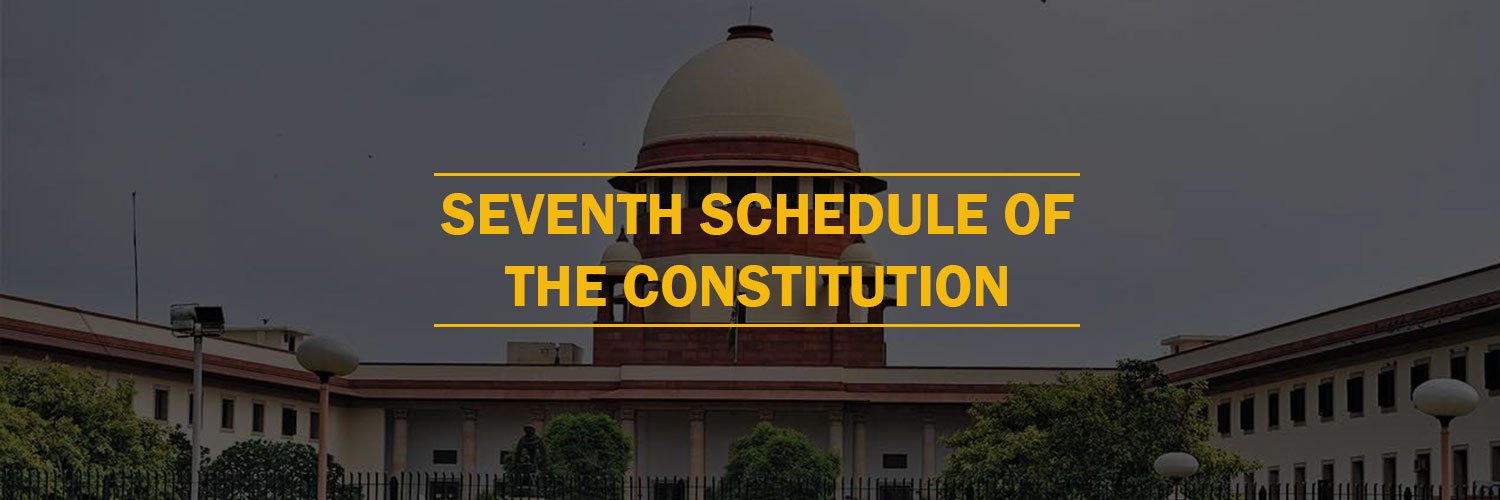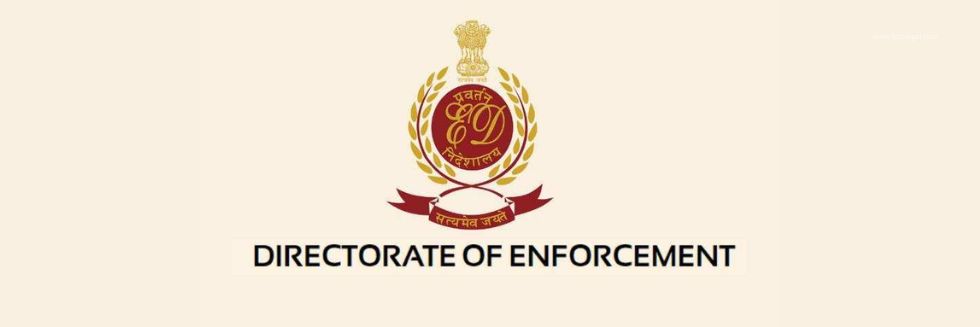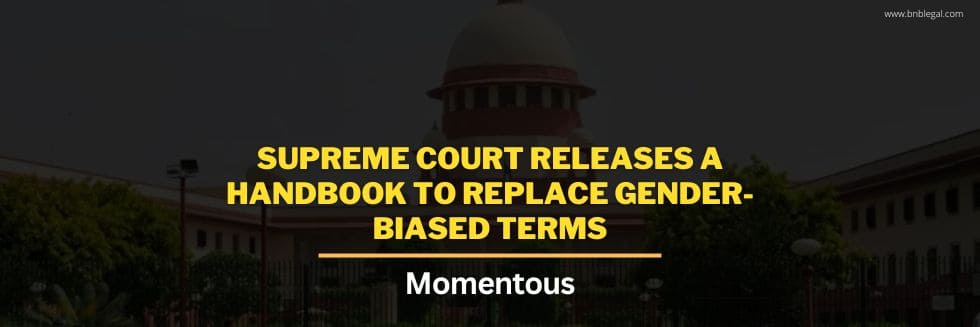Overview
The Constitution of India has recognised right to trade as a fundamental right under Article 19(1)(g) of the Constitution which allows citizens “to practise any profession, or to carry on any occupation, trade or business.”
However, this right is not absolute, and it is subject to reasonable restriction. One such reasonable restriction is Environmental protection. That means the right to trade can be restricted if it adversely affects Environment. The judicial trend in India is always of balancing right to trade and Environment protection.
Laws Related To Environmental Protection In India
Constitution of India
- Article 48-A: “The State shall endeavour to protect and improve the environment and to safeguard the forests and wildlife of the country”.
- Article 51-A(g): “It shall be the duty of every citizen of India to protect and improve the natural environment including forests, lakes, rivers and wildlife and to have compassion for living creatures.”
- Article 21: “No person shall be deprived of his life or personal liberty except according to procedure established by law.”
- Article 48-A Directive Principles of State Policy and Article 51 A(g) of the Constitution Fundamental Duties.
Other Legislations
- The Environment (Protection) Act, 1986;
- The Forest (Conservation) Act, 1980;
- The Wildlife Protection Act, 1972;
- Water (Prevention and Control of Pollution) Act, 1974;
- Air (Prevention and Control of Pollution) Act, 1981; and
- The Indian Forest Act, 1927
Major Points and Issues of Discussions
Right to carry on any occupation, trade or business is a fundamental right in India guaranteed under Article 19(1)(g) in the Constitution of India. This right is not an absolute one and is subject to certain reasonable restrictions. Environment regulation is also a restriction on this right which is considered to be a direct impediment on the right to trade by Industrialists. However, the attitude of courts is always of balancing environmental interest with the fundamental right to carry on any occupation, trade or business. Most of the industrial sectors like tanneries, acid factories, tie and dye factories, distilleries are the cause of environmental pollution. Therefore, any trade, occupation or business which adversely affects flora or fauna or human beings cannot be permitted to be carried on in the name of fundamental rights. In the case of M. C Mehta v. Kamal Nath,(1) a hotel was discharging the untreated effluents into the river Beas and was leading to water pollution and thereby disturbing the aquatic life. Supreme Court held that any interruption of the basic environment elements, namely, air, water, and soil, which are necessary for “life” “would be hazardous to life.” (2) Therefore, Hotel cannot be permitted to work, and the court in the exercise of its jurisdiction under Article 32 not only awarded the damages but also levied fine to create a deterrent effect on other industries.
However, in the case of Wing Commander Utpal Barbara v. the State of Assam (3), the magistrate issued an order of a total ban on the use of polythene bags under section 144 of the Criminal Procedure Code 1973. The court declared this ban to be violative of the freedom of trade and business and laid down that the remedy could have been to take steps regulating its use and disposal and to resort to appropriate legislation for it.
Further, in the case of Abhilash Textile v. Rajkot Municipal Corporation (4), Court adopted a pro-environment stance and asked the petitioners is there any right to carry on business or trade in an unregulated manner and cause a nuisance to the public and also become a health hazard to the society at large? If no, can the petitioners claim any right to be heard before they are asked to discontinue or prevent the nuisance? This case involves 165 petitioners who were conducting the business of dying and printing work at different places in the city of Rajkot, and the respondent is Municipal Commissioner who issued the notice to petitioners to prevent the discharge of dirty water without being purified on the public road/ drainage and thereby causing damage to the public health. It has further stated in the notice that in case of failure to comply with the above notice, the commissioner has to take steps to close down the factory. Petitioners contended that their business is providing employment to twenty to thirty thousand families and it is being carried out for last about 20 to 25 years. This notice will ultimately affect their fundamental right to freedom to trade. Supreme Court rejected the contention and held that Article 19(6) of the Constitution provide for the reasonable restrictions which may be placed in the interest of general public. So, no citizen can claim absolute right to carry on business or trade without complying with the restrictions set on this behalf.
Furthermore, in case of Sushila Saw Mill v. the State of Orissa (5), a special leave petition was filed before the Supreme Court to invalidate section 4 of the Orissa Saw Mills and Saw Pits (Control) Act of 1991 which prohibited sawmills from operating in a forest or within the buffer of 10 kilometres from a forest. Supreme Court held that the right to carry on trade or business envisaged in Article 19(1)(g) of the Constitution is also subject to statutory regulation. Thus, the Special leave petition was also dismissed.
The Apex Court explicitly held in Indian Handicrafts Emporium v. Union of India (6), the fundamental right to trade has to be balanced with demands of social interest and a trade dangerous to ecology could either be regulated or prohibited entirely.
In case of Jackson and co. v. Union of India (7), the court clarified that if the state makes its compulsory to provide “acoustic enclosure” with diesel generator, it is not a restriction on the right to carry on any occupation and trade, but such restrictions are with an aim to prevent noise pollution which is violative of right to life enshrined in Article 21 of Constitution of India. In this case, the petitioners were manufacturing diesel generators which were producing noise beyond permissible limits. It was also held that the State Governments are authorised to make such rules under section 3 and section 25 of Environment(Protection) Act.
Conclusion
Thus it may be concluded from the above discussion that judicial trend in India in always of balancing right to trade and environmental protection. In some cases, Judiciary has taken an unusual pro-environment stance while in others it resolves the conflict between trade and environment.
References
- (2000) 6 SCC 213
- Id.
- AIR 1999 Gau 78
- AIR 1988 GUJ 57
- AIR 1995 SC 2484
- AIR 2003 SC 3240
- AIR 2005 Del 334







